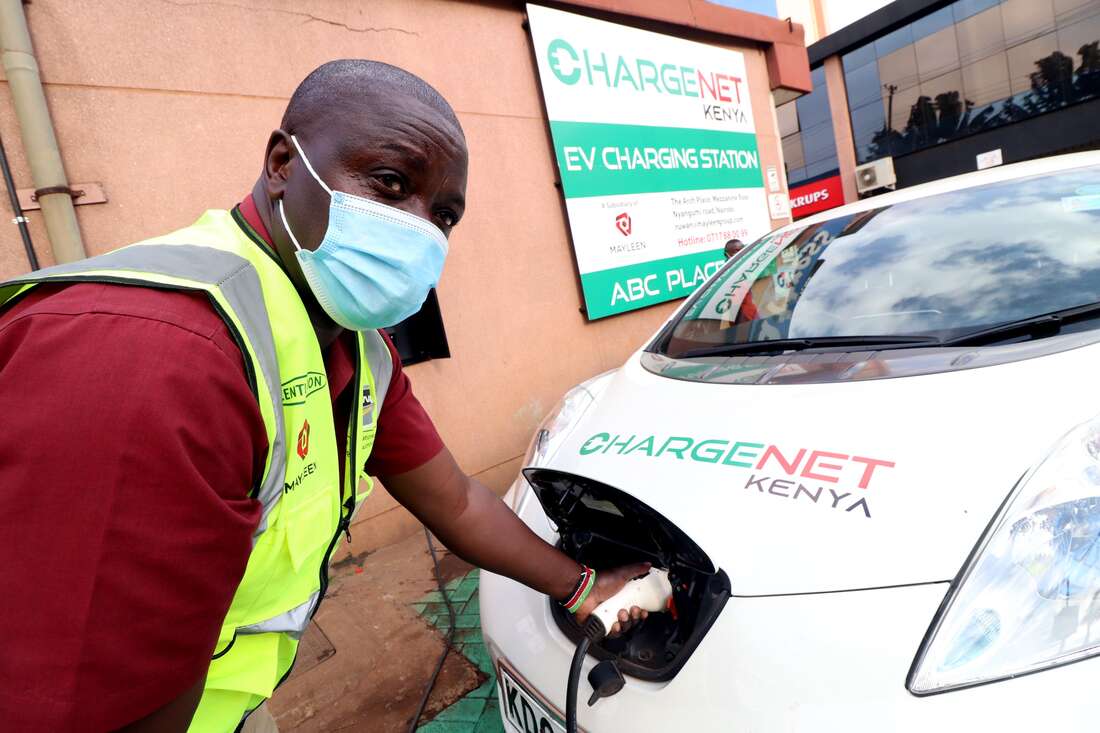A few years ago, Kenyans and most of us knew little about electric vehicles (EVs) that were synonymous with developed nations such as the US, United Kingdom, China, and Germany.
The main reason for Kenya’s, and indeed Africa’s, slow adoption of electric vehicles is that the transition requires heavy investments in technology and infrastructure that many developing countries cannot afford.
However, things are changing and at a rather fast pace, especially here in Kenya as international EV startups enter the country in troops. And the momentum to adopt electric vehicles will only accelerate as calls for measures to curb pollution in a bid to reverse climate change impacts get louder.
Some of the startups that have set their bases in Kenya include BasiGo, Kiri, and Opibus. And from the look of things, more and more are set to join the bandwagon.
BasiGo is pioneering a new generation of eco-friendly buses that are set to reduce carbon emissions in major cities like Nairobi, Nakuru, Kisumu and Mombasa that are choking in dangerous fumes.
"For years, diesel-powered buses have been the only viable solution for bus operators in Kenya. We are excited to provide public transport operators with a new option: state-of-the-art electric buses that are more affordable, and reliable, and reduce bus operator exposure to the rising costs of diesel fuel,” says Jit Bhattacharya, BasiGo CEO and co-founder.
Bhattacharya brings a wealth of experience in the local EV ecosystem having worked as CEO of Missiion Motors in Silicon Valley as well as senior manager for Project Titan, an electric car project by Apple Inc.
Early this month, BasiGo raised Sh111.3 million in pre-seed funding to electrify Kenya’s public transport system. The capital will fund the construction of 25 and 36-seater capacities with a range of about 250 kilometres, enough to cover daily trips.
Clients will also be able to acquire buses through a financing deal, whose pilot programme will be rolled out once the first bus arrives later in the year. This will allow customers to purchase buses on a usage-based subscription.
“The cost of electric bus technology has come down dramatically over the last 10 years, to the point where electric buses can offer significant savings compared to fossil-fuel buses,” Mr Bhattacharya noted.
Our goal is to help bus owners in Kenya realise these savings, and in the process, help Kenya become a global leader in sustainable public transport.”Opibus also raised Sh834.37 million ($7.5 million) in equity and grant […]
